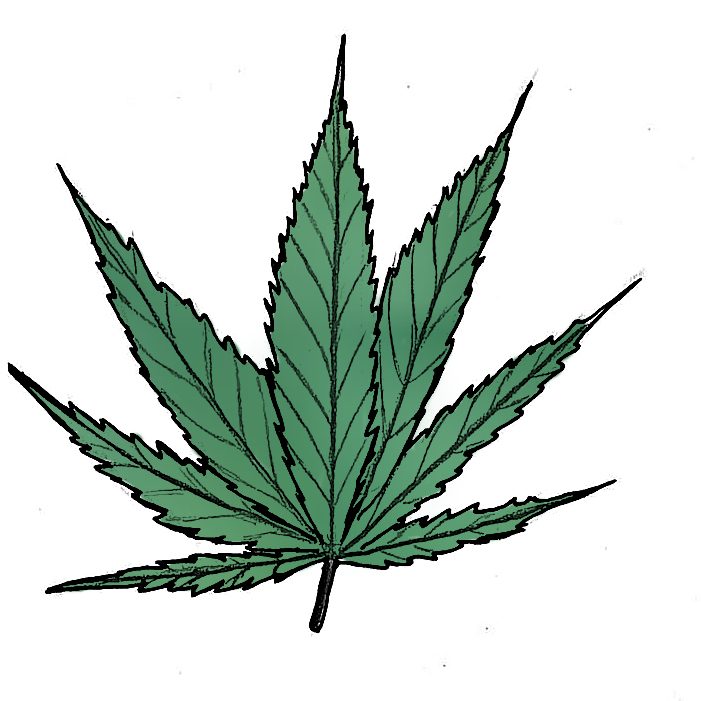In a statement released July 24, the Québec government proposed banning the sale of sweet cannabis edibles that ‘appeal to minors,’ including ice cream, brownies, and candy. The move is a response to one of the federal government’s main campaign promises, which involves the legalization of edibles and other topical products that is set to come into effect Oct. 17.
The statement criticized federal cannabis regulations for failing to minimize the risks to public health, especially to minors.
“Quebec is taking the necessary steps to reduce the consumption of cannabis that appeals to young people,” the statement reads. “The aim is to minimise the risk of accidental intoxication and health risks associated with products containing high concentrations of tetrahydrocannabinol (THC).”
The bill represents a pattern of the Québec government attempting to weaken restrictions on cannabis use as the federal government loosens them. In Dec. 2018, the provincial government brought forward a bill that proposed raising the legal age for recreational cannabis consumption to 21, though the bill was abandoned in May 2019. The government also proposed a ban on smoking cannabis in public places, but determined that this regulation would be too difficult to enforce.
The new provincial regulations would only target edibles that appeal to minors. The sale of cannabis-infused butters and oils will remain legal, but will need to follow a series of new guidelines: A package of solid edibles will not be allowed to contain more than ten mg of THC, while liquid cannabis edibles will be limited to five mg of THC per package, five mg less than the federal limit. Cannabis skin, hair, and nail creams will also be banned.
Moreover, the same set of regulations will also restrict additives that could alter the smell or flavour of cannabis products. This means that edibles such as cannabis-infused hot sauce and other similar products may not be permitted for sale in Quebec.
While the federal government’s new laws have been met with excitement by many, researchers have discovered concerning implications regarding the new legislation. Adolescent cannabis use has been linked to an increased risk of depression and suicidal behaviour in young adulthood, according to a team of scientists at the Research Institute of the McGill University Health Centre (RI-MUHC) and McGill, who work in collaboration with the University of Oxford and Rutgers University-Camden.
“This meta-analysis shows that cannabis consumption in adolescence is associated with [an] increased risk of developing major depression in young adulthood and suicidality, especially suicidal ideation,” the study reads. “The effect size is modest, but considering that 20.9 per cent of adolescents in the United States report monthly use of cannabis and 7 per cent of US high school seniors are daily or near daily users, the consequences of cannabis use during adolescence are magnified in young adulthood.”
Gabriel Aboutboul, a U4 Psychology student at McGill and a member of Canadian Students for Sensible Drug Policy, is skeptical of Quebec’s proposed ban.
“Banning cannabis sweets will likely lead them into the black market, which is a diversion from a priority set by the Cannabis Council of Canada,” Aboutboul said. “[If edibles are packaged in a] bland and opaque container, children will be less enticed.”
In the first quarter of 2019, Statistics Canada’s National Cannabis Survey found that cannabis use had spiked, with 18 per cent of Canadians reporting cannabis use within the last three months. While the jump can mostly be attributed to increased consumption among men and adults aged 35–63, the number of new users has also increased, particularly among those over 45 years old.
However, Aboutboul still thinks that updates to the regulations will be necessary as time goes on and more data is collected.
“As cities and countries around the globe shift cannabis to a legal status there will be more data to investigate [which will allow] the most informed decision regarding the safety of minors from cannabis sweets,” Aboutboul said.








